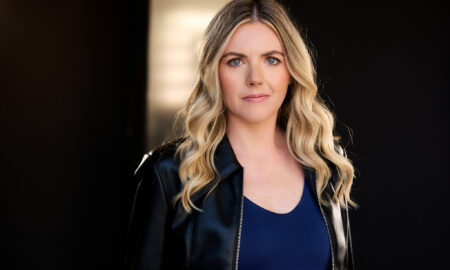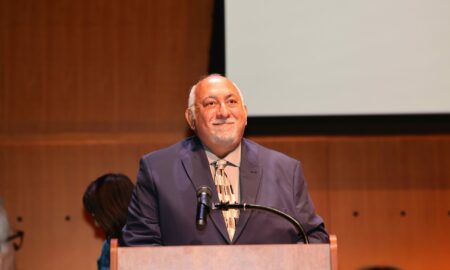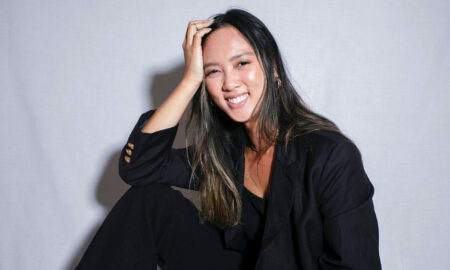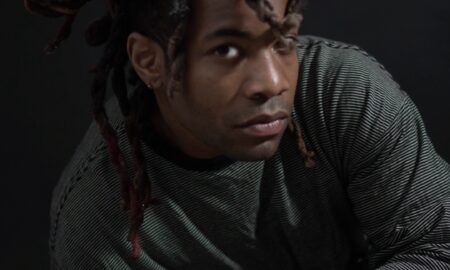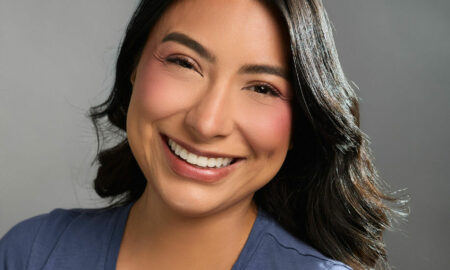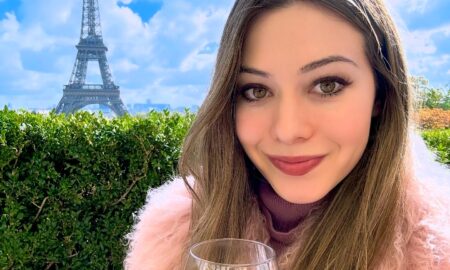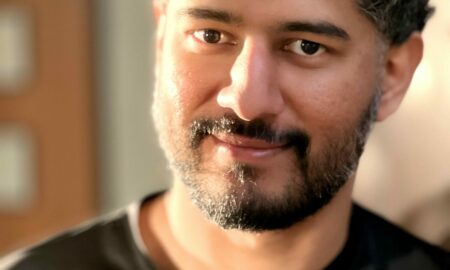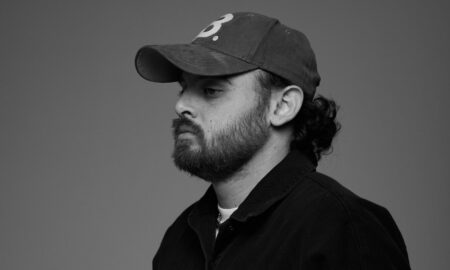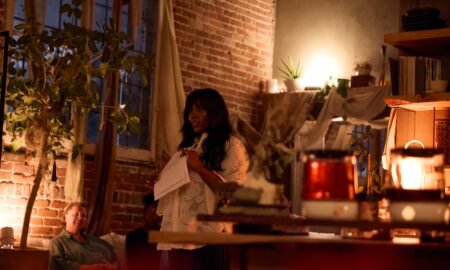

Today we’d like to introduce you to Sarah Davachi.
Thanks for sharing your story with us Sarah. So, let’s start at the beginning and we can move on from there.
As a musician, my training began in my childhood as a classical pianist. As I moved away from the performance of classical music, I became more interested in composition and experimental practices. My work as a composer and performer began in earnest when I was still living in Canada, which is where I’m from, and working at a musical instrument museum. I became very interested during this time in a variety of different keyboard instruments – organs, harpsichords, synthesizers, samplers – and the differences in their timbres and idioms. An early interest in electronic music in particular led me to do my master’s degree at Mills College in Oakland, California. My thesis work at that time was a long-form piece for pipe organ and electronics as well as a written document articulating the phenomenological aspects of experimental music. After completing my MFA, I moved back to Canada, to Vancouver, where I worked various music jobs such as teaching gamelan, sound design, and sound studies at Simon Fraser University and assisting in the new music programming at the Western Front artist-run centre.
I also began releasing recordings of my electroacoustic compositions on various labels and touring mostly around Canada and the US. In 2017 I made the decision to move to Los Angeles, in part to begin doctoral studies in musicology at UCLA, which I’m still in the middle of, and in part to dedicate myself more directly to my composer-performer practice. This year I started my own record label, called Late Music, with the partner labels division of Warp Records, primarily to release my own music. Before the pandemic, I was also touring internationally quite regularly, usually performing either solo electronic pieces, pieces for electronics and chamber ensembles, solo pipe organ pieces, or pieces for electronics and pipe organ. In my doctoral studies, I work on organology and timbre in music specifically outside of the canon/common practice period.
We’re always bombarded by how great it is to pursue your passion, etc – but we’ve spoken with enough people to know that it’s not always easy. Overall, would you say things have been easy for you?
Working as a musician has similar challenges to other professions in the arts: you typically have to work through different levels of expectations about how you’re going to get paid or reimbursed for your labour and it can take years before you’re able to reach a place that feels somewhat comfortable and reliable. I think a lot of musicians learn to take on different kinds of work – teaching, performing, commercial work, maybe – as well as understanding available grants and similar funding structures in order to make that model a bit more sustainable and reliable. As a Canadian, I’m very lucky to be able to rely at least in small part on grants. The pandemic has created a situation in which touring is impossible for the foreseeable future, which has exposed the fragility of the industry system and how musicians actually get paid, the majority of whom rely almost entirely on income derived from live performance.
In terms of live performance, it can also be difficult at times to have to advocate for the fact that musicians are workers and that their labour needs to be compensated in a correlative way. For me personally, the biggest struggle I had to face was obtaining an artist visa for working in the US. Not many Americans are aware of how difficult it can be for non-citizens to obtain the right to simply work in this country and for me, it was a very stressful process that took several years to finally sort through. Unless you have a green card, you have to repeat this process every few years, but being able to work and practice my art in the country I live in, where I’m building a life and connections, is very important to me.
Can you give our readers some background on your music?
I’m an electroacoustic musician, composer, and performer, mostly working in what I would identify as the experimental and minimalist traditions. I’ve been influenced by a lot of different types of music and practices, though, ranging from medieval music to popular music, and I think a lot of it emerges in different ways in what I do. I compose mostly instrumental music, which I often perform and record myself, usually for organ, synthesizer, piano, etc. I also compose for orchestral instruments such as strings, woodwinds, and brass. I’m especially interested in timbre and the qualitative aspects of sound and the space that it resonates in. Most of my compositions explore intimacy in music and nearness between sounds. I’m interested in slowing down the sonic experience and giving attention to the latent psychoacoustic properties that often get lost in much of the sound and music we experience on a daily basis.
What were you like growing up?
I’ve always been something of a quiet, introverted person. I value having time to myself in order to think about things and make sense of things. As a musician, that kind of time is really important to the way I work and the way I relate to my lifestyle, which usually involves a lot of travel and surface-level interactions with people. I’ve also always been a pretty curious person and I like learning about as many different things as I can. Again, as a musician, I think that listening to as many different types of music as possible is the best education. Music has been a part of my life since early childhood, I started learning piano when I was six.
I’ve also always been a person who is deeply affected by my external surroundings, and the environments that I feel comfortable in now probably have something to do with where I grew up in Canada. I grew up in southern Alberta, which sits right in the transitionary point between the Rocky Mountains and the Great Plains. I grew up feeling comforted by both of those landscapes, and I think part of the reason why I feel comfortable in the Los Angeles area is because of the similar feeling of expanse and open space here.
Contact Info:
- Website: https://www.sarahdavachi.com/
- Email: [email protected]
- Instagram: https://www.instagram.com/sarahdavachi/
- Facebook: https://www.facebook.com/sarahdavachimusic/
- Twitter: https://twitter.com/sarahdavachi






Image Credit:
Fabio Lugaro, Nick Hyatt, Andrew Fenchel, David Reiman
Suggest a story: VoyageLA is built on recommendations from the community; it’s how we uncover hidden gems, so if you or someone you know deserves recognition please let us know here.












